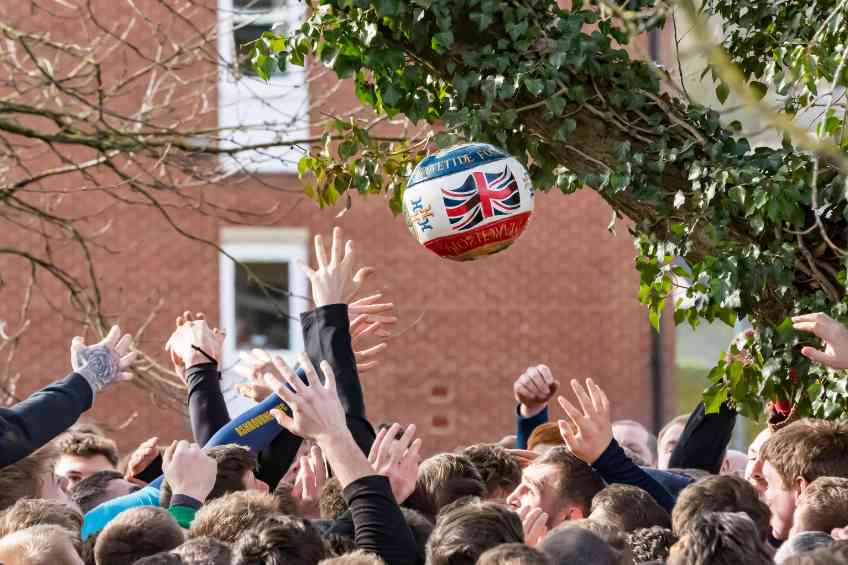By John Salak –
Just in case anyone was wondering, experts don’t really give great advice. What they do, however, is just give more advice than others.
This isn’t only annoying, it can be counterproductive, according to a recent study headed by several academics. The report published in a Psychological Science article warned that flawed assistance presents an enormous problem for those seeking help because they naturally go to top performers (think experts) for guidance.
Ultimately, when this occurs those in need don’t always receive the sage support they’re after.
“Skillful performance and skillful teaching are not always the same thing, so we shouldn’t expect the best performers to necessarily be the best teachers as well,” explained lead author David Levari of the Harvard Business School.
Levari wasn’t alone in his assessment, his co-authors from Harvard and the University of Virginia agreed that experts often fall short of helping others.
“People seem to mistake quantity for quality,” the researchers noted. “Our studies suggest that in at least some instances, people may overvalue advice from top performers.”
After conducting four different related studies, the combined research team arrived at three distinct conclusions. Individuals generally gravitate to top performers for advice; top performers believe they give better advice than others, and guidance from experts is generally no better than insights from others engaged in the same activities regardless of their performance.
“In our experiments, people given advice by top performers thought that it helped them more, even though it usually didn’t. Surprisingly, they thought this even though they didn’t know anything about the people who wrote their advice,” Levari reported.
Participants in the study also believed that the more advice they received, the more valuable it was in improving their performance, even though the researchers discovered there was no correlation between the number of suggestions offered and the efficacy of the advice.
“Top performers didn’t write more helpful advice, but they did write more of it, and people in our experiments mistook quantity for quality,” Levari added.
The results begged the question of why top performers give middling advice. The research team offered up a few theories. Skilled performers may overlook fundamental advice because they assume everyone already understands the basics. “A natural-born slugger who has played baseball every day since childhood may not think to tell a rookie about something they find utterly intuitive, such as balance and grip,” they wrote.
Another problem may be the top performers are not necessarily great communicators. “Even when an excellent performer does have explicit information to share, they may not be especially adept at sharing it,” the research team added.
Finally, both the advice giver and recipient may simply be overwhelmed by the quantity of guidance involved.
Ultimately, Levari and his colleagues stressed that those seeking help need to think long and hard about where to get it and how to make it useful.










